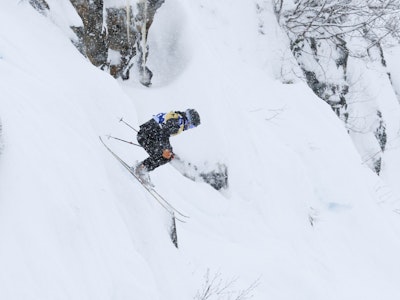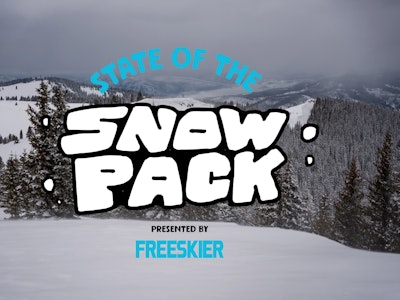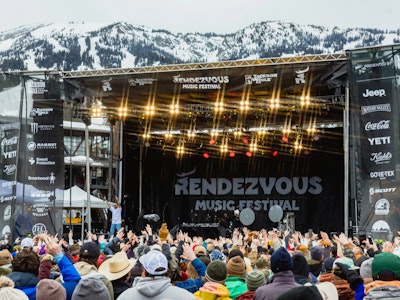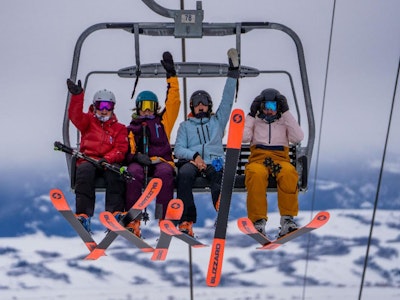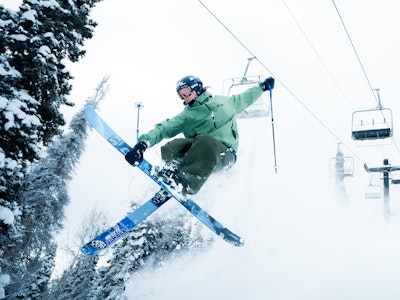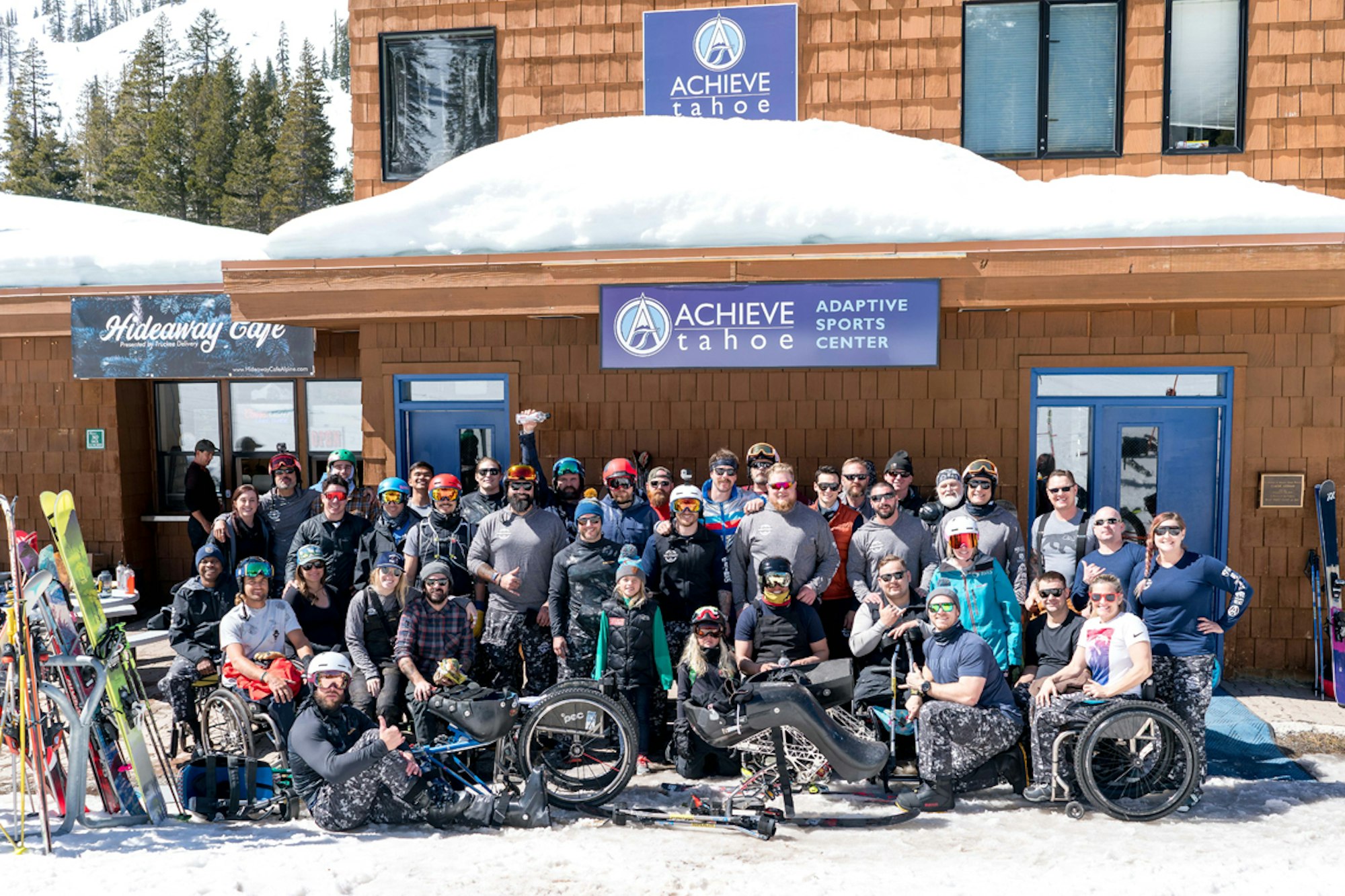All photos: Chris Bartowski
In 2006, Roy Tuscany was skiing in Mammoth Mountain’s Unbound terrain park when he overshot a 100-foot jump. The impact from the 30-foot free-fall fractured the aspiring-pro skier’s T12 vertebra and spine, causing paralysis from the waist down. After his accident, the ski community was quick to band together and raise money for Tuscany’s recovery. The support Tuscany received, both emotional and financial, allowed the skier to focus on his recovery rather than how he was going to pay for all of the medical expenses and inspired the athlete to found the High Fives Foundation.
“This beautiful disaster created this incredible gift for others,” Tuscany tells me over the phone. “I got hurt in 2006 and I founded the organization on January 19, 2009.”
In 2015, the High Fives Foundation brought veteran marine corporal Jacob Schick skiing at Squaw Valley in California. The physical and emotional transformation Schick experienced inspired Tuscany to offer more opportunities for veterans with life-changing injuries to go skiing and experience the healing effects of sliding on snow. Together, with friend, mentor, retired NFL linebacker and founder of Adaptive Training Foundation, David Vobora, Tuscany developed the Military to the Mountain (M2M) program within the High Fives Foundation.
Once a year, the Military to the Mountain program invites 22 veterans, most of whom have never seen snow and are missing at least one limb, to train for nine weeks at the Adaptive Training Foundation in Dallas, Texas, and City of Reno Adaptive in Reno, Nevada. After the nine weeks of physical training, the 22 vets are flown out to Squaw Valley for a week of skiing and snowboarding with the Achieve Tahoe Adaptive Ski Program.
“Those first nine weeks are where all of the camaraderie begins and you go from being a group of strangers to a tribe pushing everyone around you to be their absolute best,” says US Army E-4 Specialist and three-time return M2M participant, Lawrence Green.
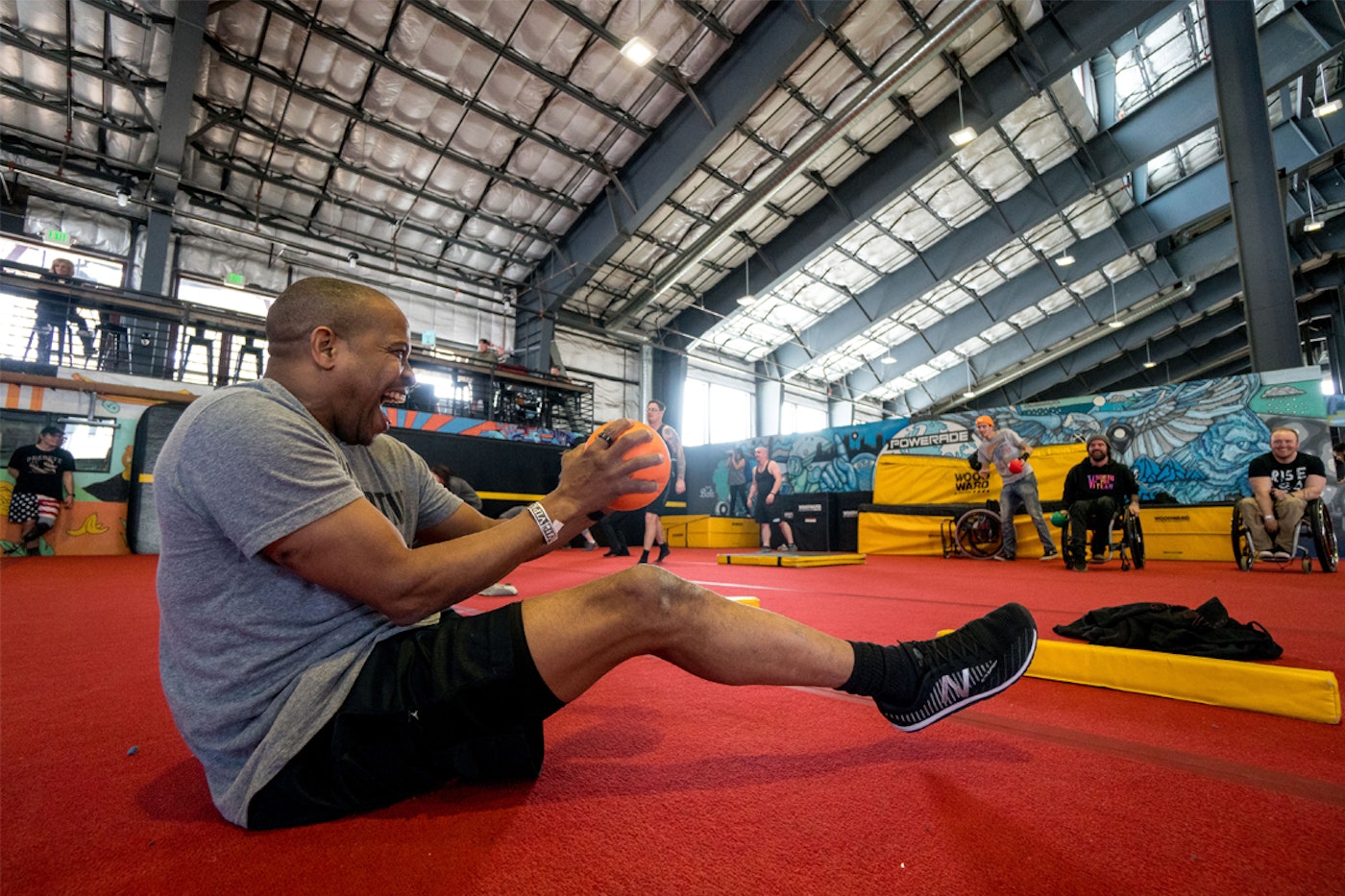
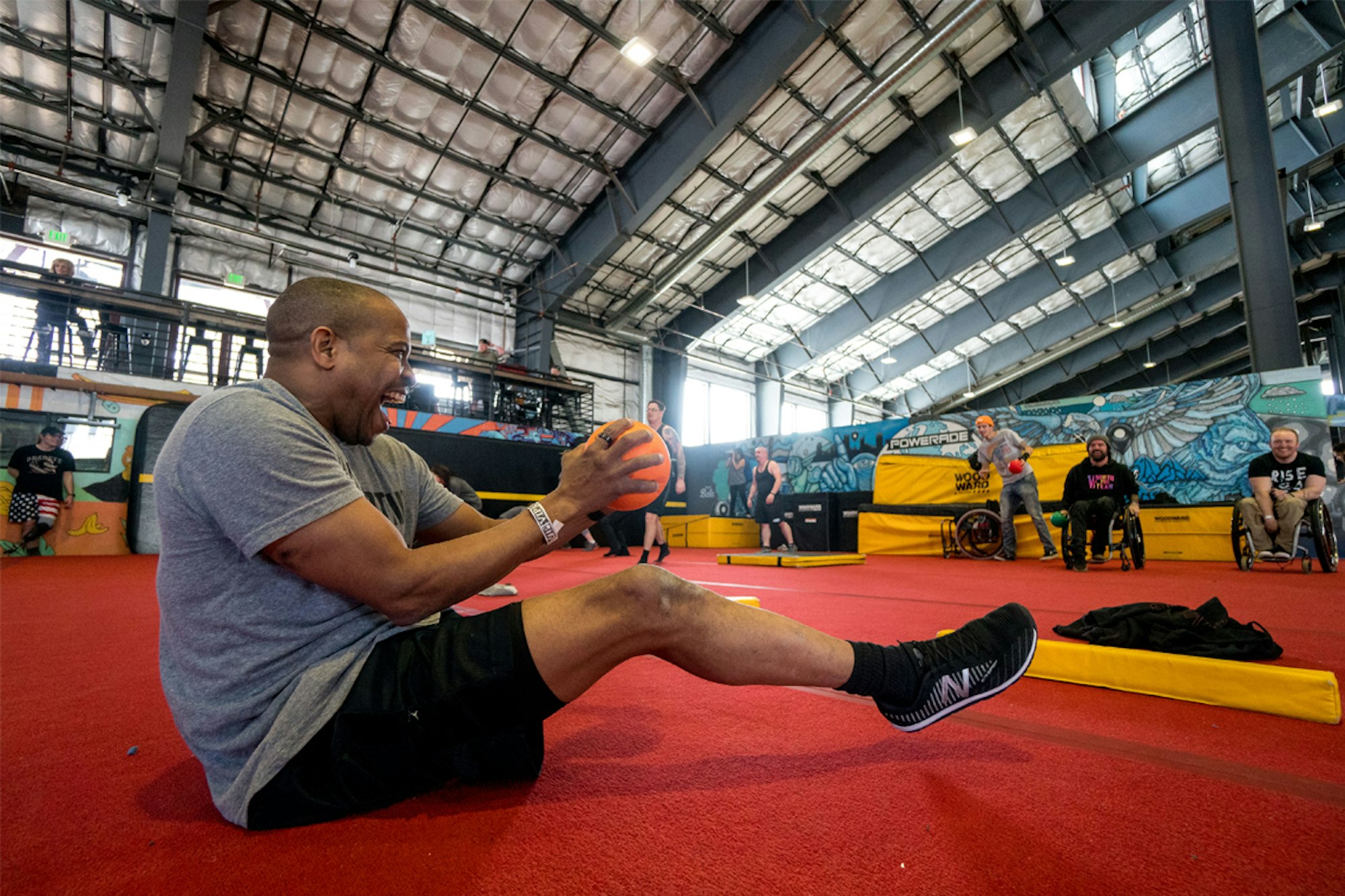
“If you look at the highest concentration of veterans, a lot of them come from Texas and they’ve never seen the healing powers of snow,” says Tuscany. “A late friend of mine told me way back in the day, ‘The greatest way to travel is to slide on snow.’ I’ve always kind of used that as a mantra to find that skiing is not only an activity, a sport, but there’s also a healing component. When people learn how to slide on snow, there’s this new sensation of movement. So being able to give that to a group of disabled veterans that have served our country is so important.”
The 22 participants are selected by the Adaptive Training Foundation, which builds a roster of 15 veterans and the City of Reno selects the other seven. Military to the Mountain is 100-percent free for participants, from housing, transportation and meals, to training and outfitting the disabled vets with the right equipment. To fund the program, Squaw Valley Alpine Meadows created a $60 season pass for veterans, active duty military and members of the Department of Defense. Every penny from those pass sales goes directly to the M2M.
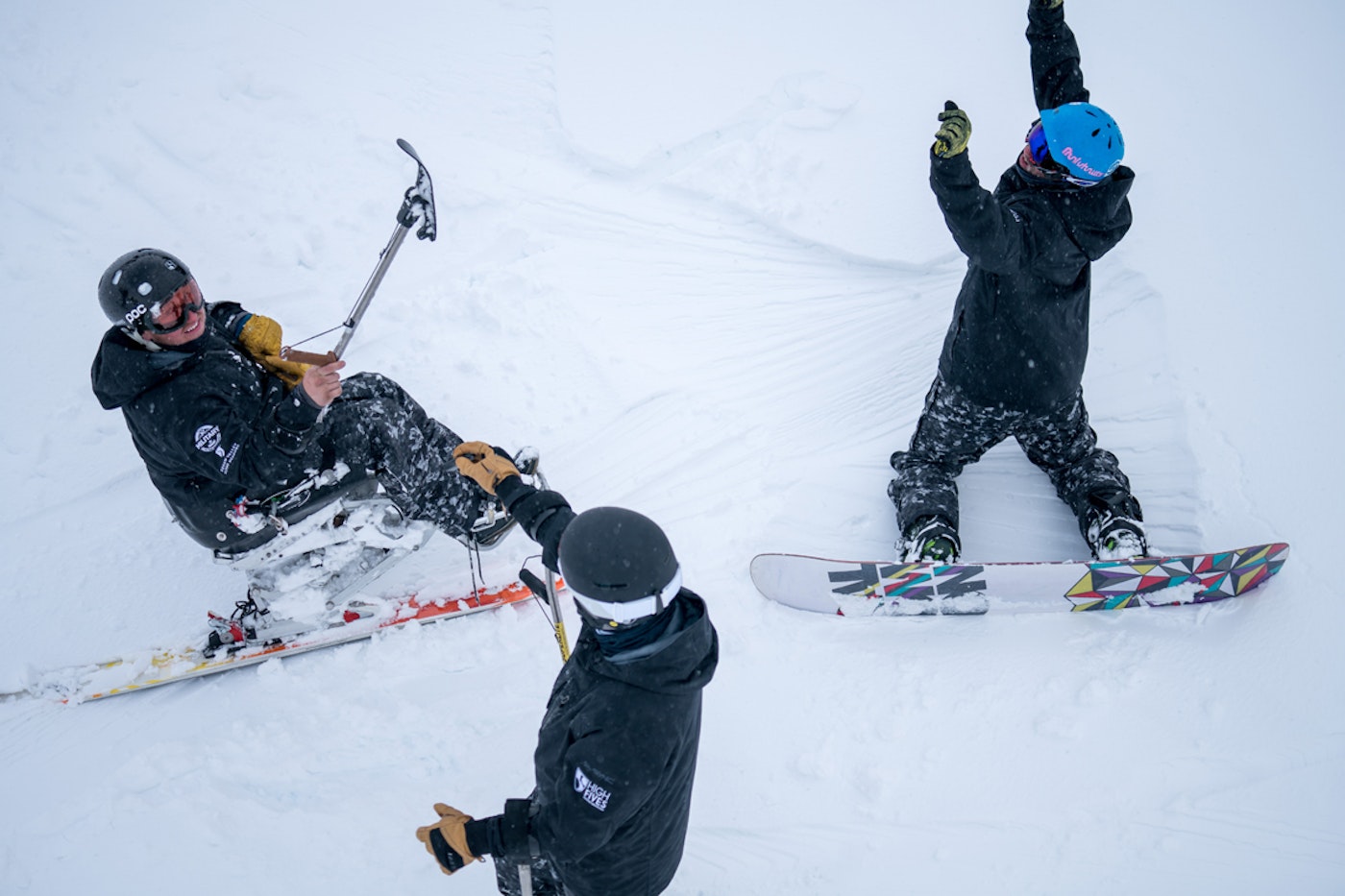
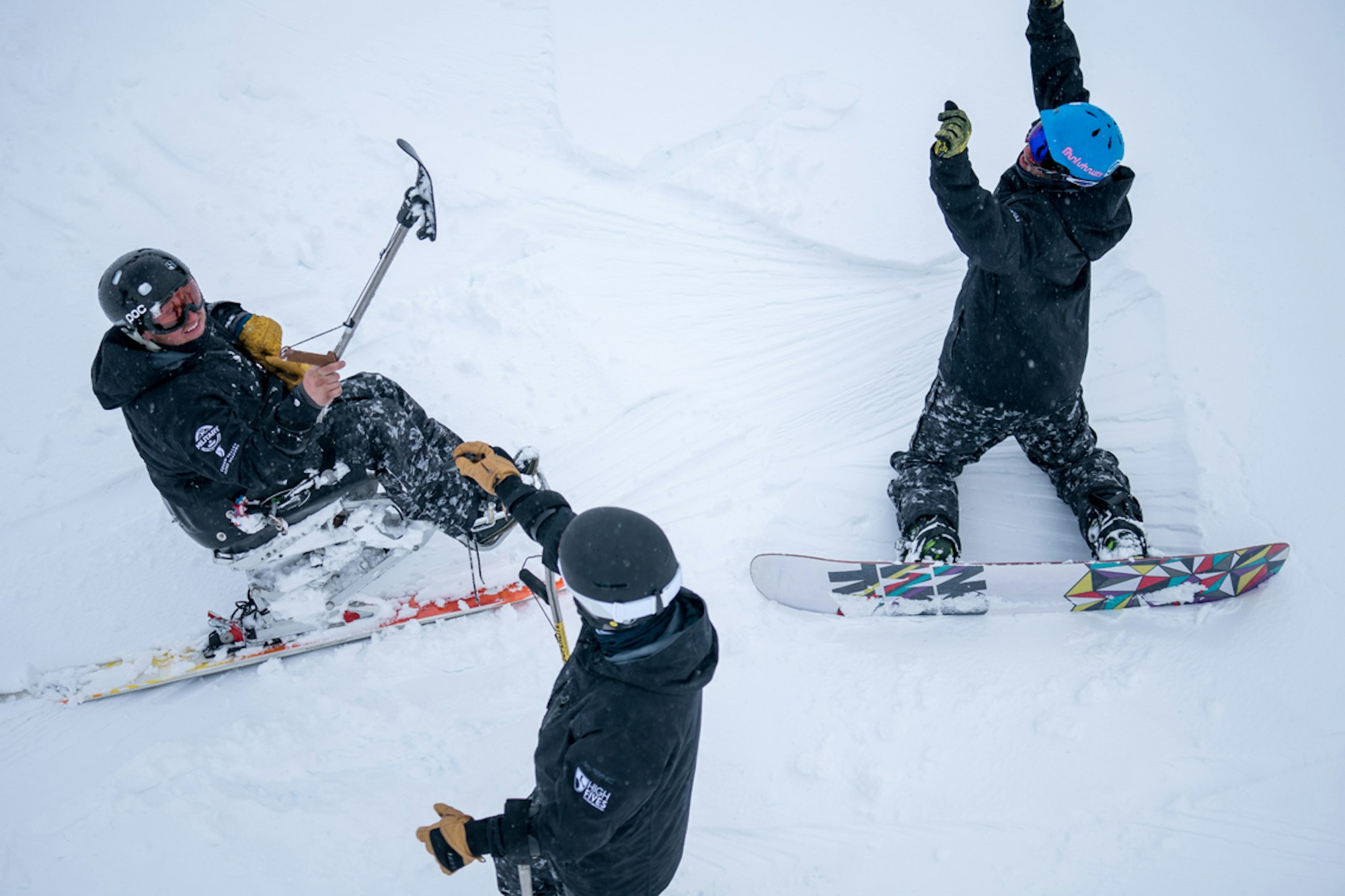
“The Military to the Mountain Program allowed me to share my passion for skiing with other veterans who are going through the same struggles I did when I was recovering from the traumatic amputation of my leg,” says Sergeant Trey Humphries, who has participated in the M2M program for three years.
For those who have selflessly given up their independence for the sake of their country, Tuscany believes this program is just one small way to say ‘thank you’ to these veterans and provide a safe space to set goals, challenge themselves and achieve new dreams.

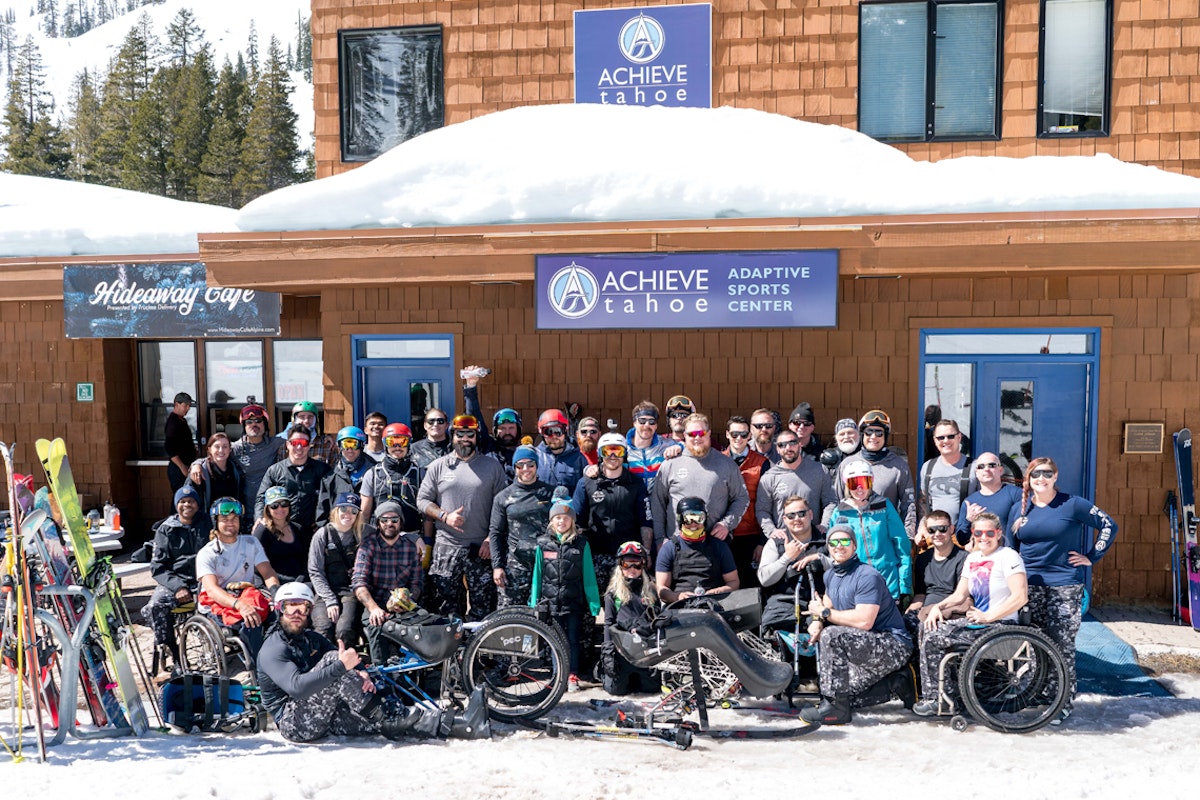
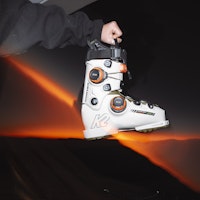
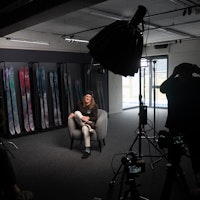
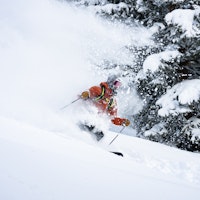
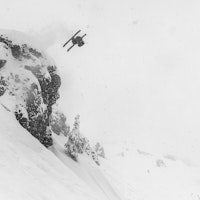
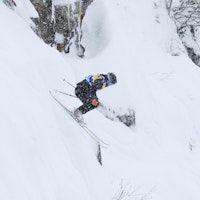
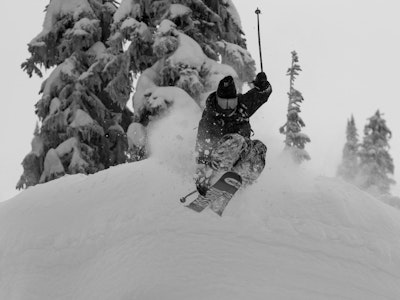
![[GIVEAWAY] Win a Limited Edition FREESKIER Hat](https://www.datocms-assets.com/163516/1772568976-3x4a9169.jpg?auto=format&w=400&h=300&fit=crop&crop=faces,entropy)
